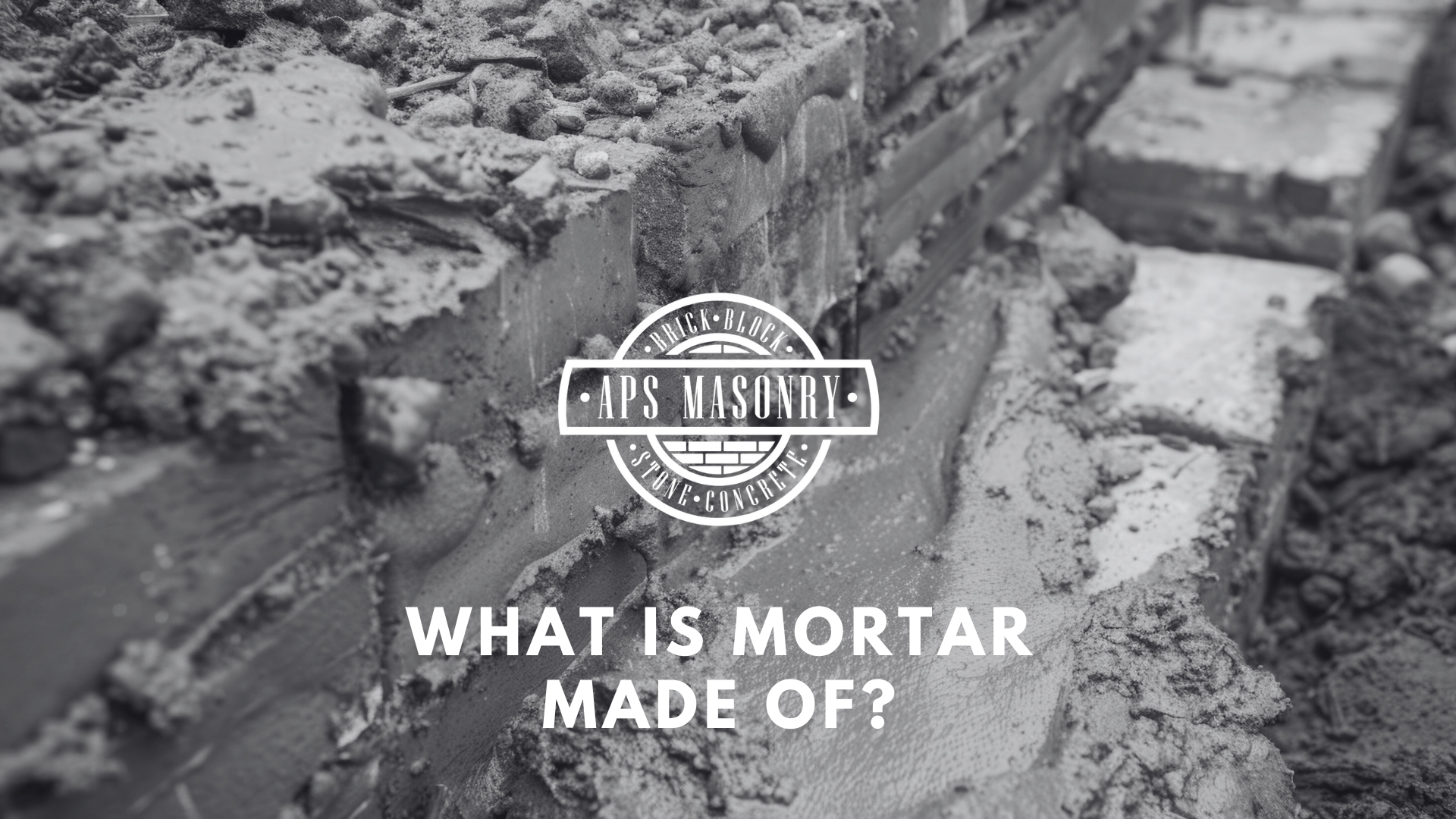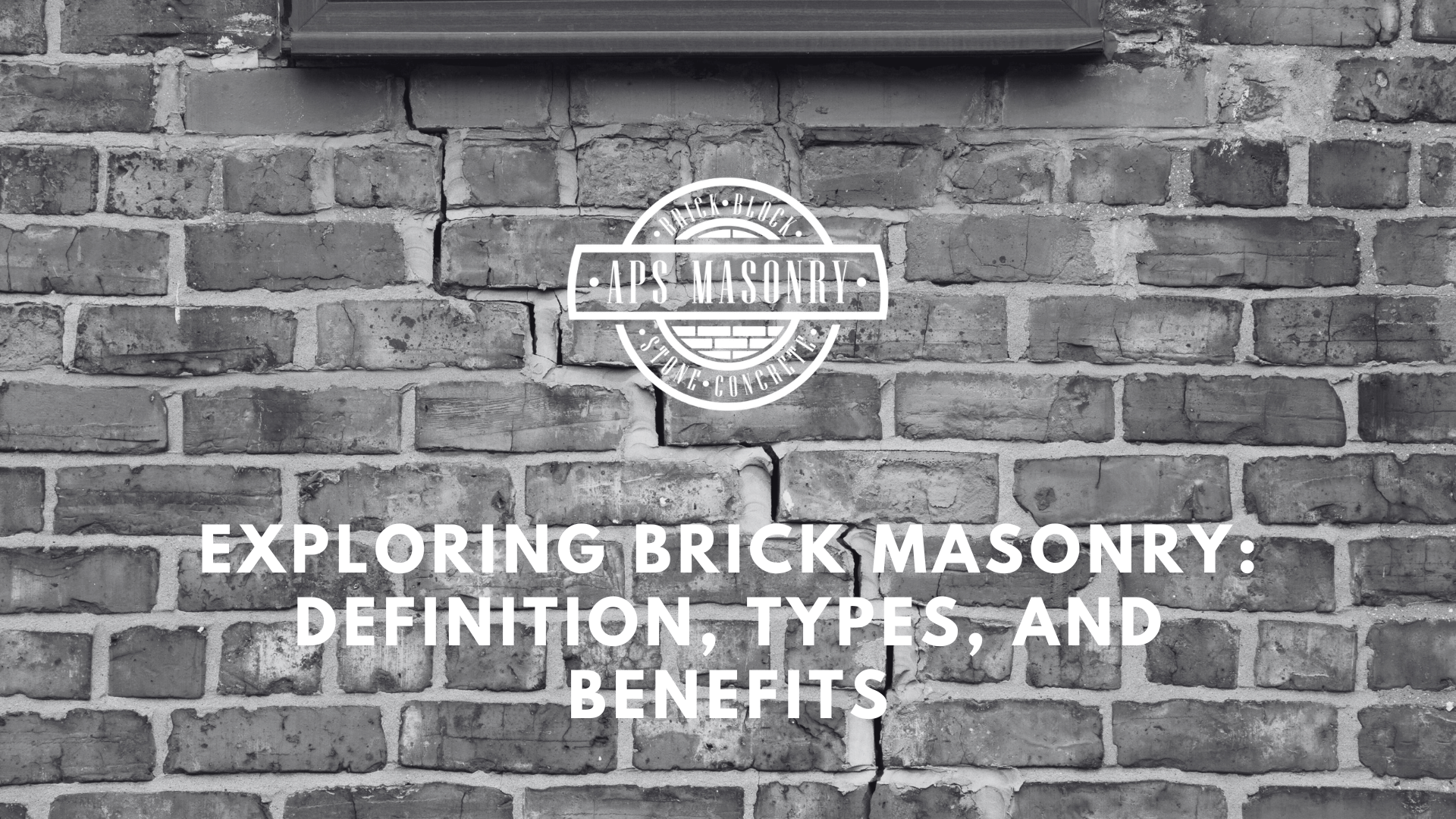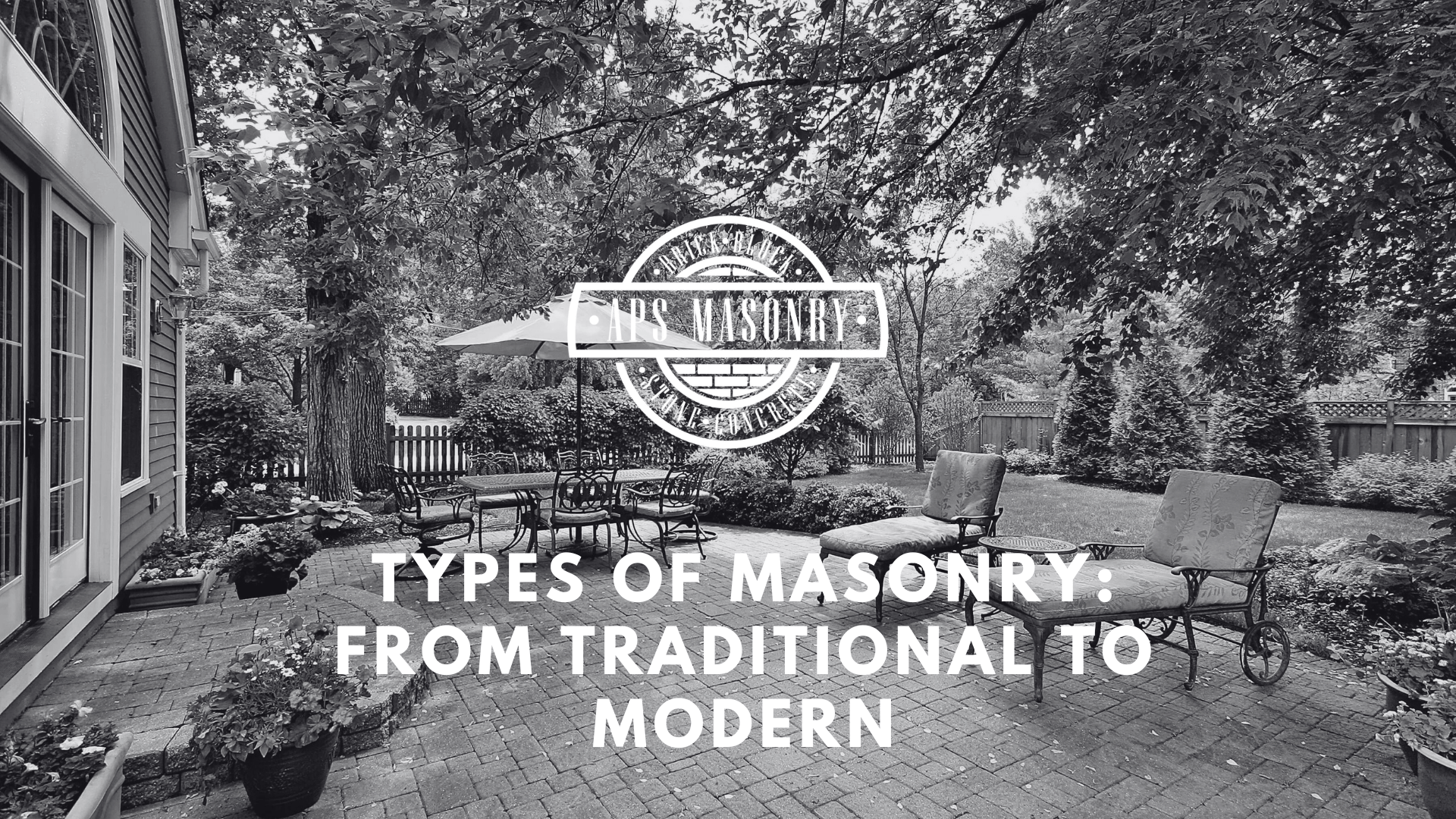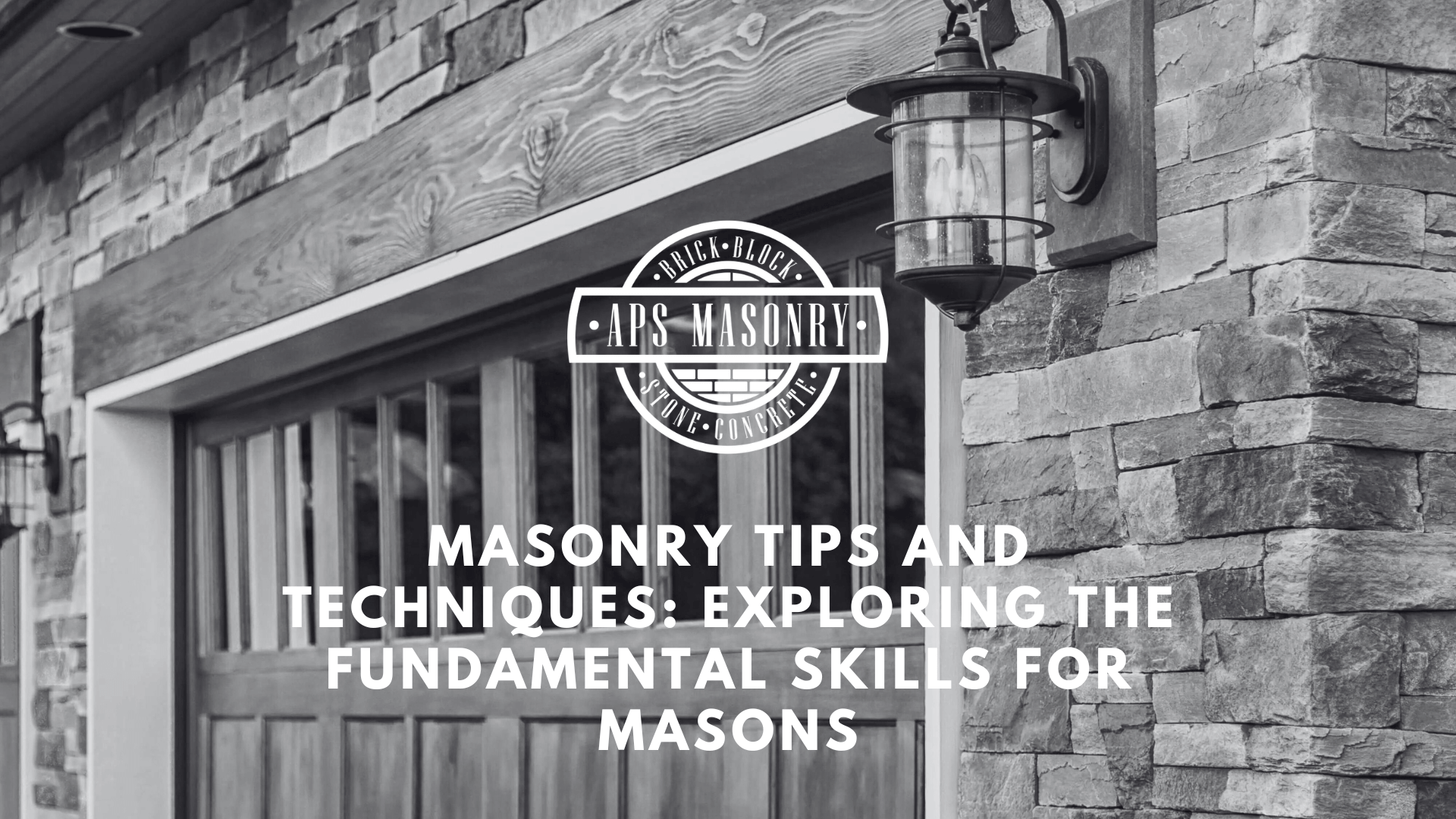Top 20 Masonry Tools Every Builder Needs: From Basics to Advanced Gear
Whether you're building a simple garden wall or starting into a major home project, having professional masonry tools at your side can make all the...

What mortar is important for any building project? Let us explain to you the key ingredients: cement, lime, sand, and water. Each ingredient helps make the mortar strong and workable. We also cover different types of mortar, like Type N for general use, Type S for heavy-duty work, and Type K for historic buildings.
Choosing the right mortar ensures your project lasts a long time. This guide will help to learn how to pick the best mortar for your needs.
Mortar is composed of several key ingredients that work together to create a durable and workable mixture. The primary ingredients of mortar include cement, lime, sand, and water. Each of these ingredients plays a specific role in the mortar mixture:
There are several different types of mortar, each designed for specific applications. It's important to choose the right type of mortar for your project to guarantee the best results and longevity of the masonry work. Here are some common types of mortar:
Type N Mortar: This is a general-purpose mortar commonly used in residential construction. It has medium compressive strength and is suitable for exterior and above-grade walls, including brick veneer and garden walls. Type N mortar is versatile and easy to work with, making it a popular choice for many masonry projects.
Type N Mortar Composition Ratio:
This ratio provides a balance of strength and workability, making it suitable for general-purpose use in residential construction.
Type S Mortar: Known for its higher strength, Type S mortar is used for structural applications such as load-bearing walls and foundations. It is also suitable for exterior walls that are exposed to severe weather conditions. Type S mortar provides a stronger bond and better resistance to lateral forces, making it ideal for projects requiring enhanced durability.
Type S Mortar Composition Ratio:
The higher cement content in this ratio increases the strength and durability of the mortar, making it ideal for structural applications and exterior walls exposed to severe weather.
Type M Mortar: This type of mortar has the highest compressive strength and is used for heavy load-bearing structures, such as retaining walls and driveways. Type M mortar is less workable than other types but provides superior strength, making it suitable for applications where high structural integrity is required.
Type M Mortar Composition Ratio:
Type M mortar has the highest compressive strength due to its high cement content, making it suitable for heavy load-bearing structures.
Type O Mortar: Type O mortar has low compressive strength and is used primarily for interior, non-load-bearing walls and restoration projects. It is more flexible than other types, making it ideal for historic masonry work where preservation and minimal stress on the original materials are important.
Type O Mortar Composition Ratio:
This ratio results in a softer and more flexible mortar, ideal for interior, non-load-bearing walls and restoration projects where minimal stress on the original materials is important.
Type K Mortar: Though less commonly used today, Type K mortar is very soft and is typically reserved for historic preservation projects. Its low compressive strength is beneficial for restoring old masonry structures without causing damage to the original materials.
Type K Mortar Composition Ratio:
Type K mortar is very soft and is used primarily for historic preservation. Its low compressive strength ensures that it does not cause damage to delicate historic masonry structures.
Each type of mortar is formulated to meet specific needs, making sure that the masonry work remains intact and performs well under various conditions. Choosing the correct mortar type for your project is important to avoid issues such as cracking and structural failure.
Selecting the appropriate mortar for your construction project is important to verify the durability and stability of your masonry work. Using the wrong type of mortar results in issues, such as:
Here are some guidelines for choosing the right mortar based on the type of project:
Residential Construction: For most residential projects, Type N mortar is the go-to choice due to its balance of strength and workability. It's perfect for exterior walls, brick veneer, and garden walls. For load-bearing walls or foundations, Type S mortar may be more suitable due to its higher strength.
Commercial Construction: In commercial construction, where structures are often larger and exposed to more stress, Type S and Type M mortars are commonly used. Type S mortar is ideal for structural walls and areas exposed to severe weather, while Type M mortar is suitable for heavy load-bearing structures like retaining walls.
Roofing Repairs: For roofing repairs, particularly those involving chimneys or parapet walls, Type N mortar is often used due to its versatility and ease of application. For more substantial structural repairs, Type S mortar may be required.
Historic Preservation: When working on historic buildings, it's essential to use a mortar that matches the original materials to avoid damaging the structure. Type O or Type K mortars are typically used for restoration work. These mortars are softer and more flexible, reducing the risk of stress on the old masonry.
Specialized Applications: Certain projects may require specialized mortars. For example, when working with specific types of stone or in areas with unique environmental conditions, consulting with a masonry expert is recommended to determine the best mortar composition.
Understanding the composition and types of mortar for your masonry projects is key. Using the right mortar for your specific application helps prevent issues like cracking and structural failure, making sure that your construction or restoration work stands the test of time.
At APS Masonry Contracting, we specialize in providing expert masonry services in Philadelphia. Our team is skilled in selecting and applying the appropriate mortar for a wide range of projects, from residential and commercial construction to roofing repairs and historic preservation. We promise that every project is completed to the highest standards of quality and safety.
If you're planning a construction or restoration project and need professional advice on mortar composition and application, look no further than APS Masonry Contracting. Contact us today to learn more about our services and how we can help you achieve your construction goals with expertise and reliability.

Whether you're building a simple garden wall or starting into a major home project, having professional masonry tools at your side can make all the...

Let's explore the evolution of masonry from traditional to modern methods, catering to diverse construction needs. It covers how old techniques...

Mastering masonry involves techniques for laying bricks, stones, and blocks with mortar to create stable, aesthetically pleasing structures. Key...